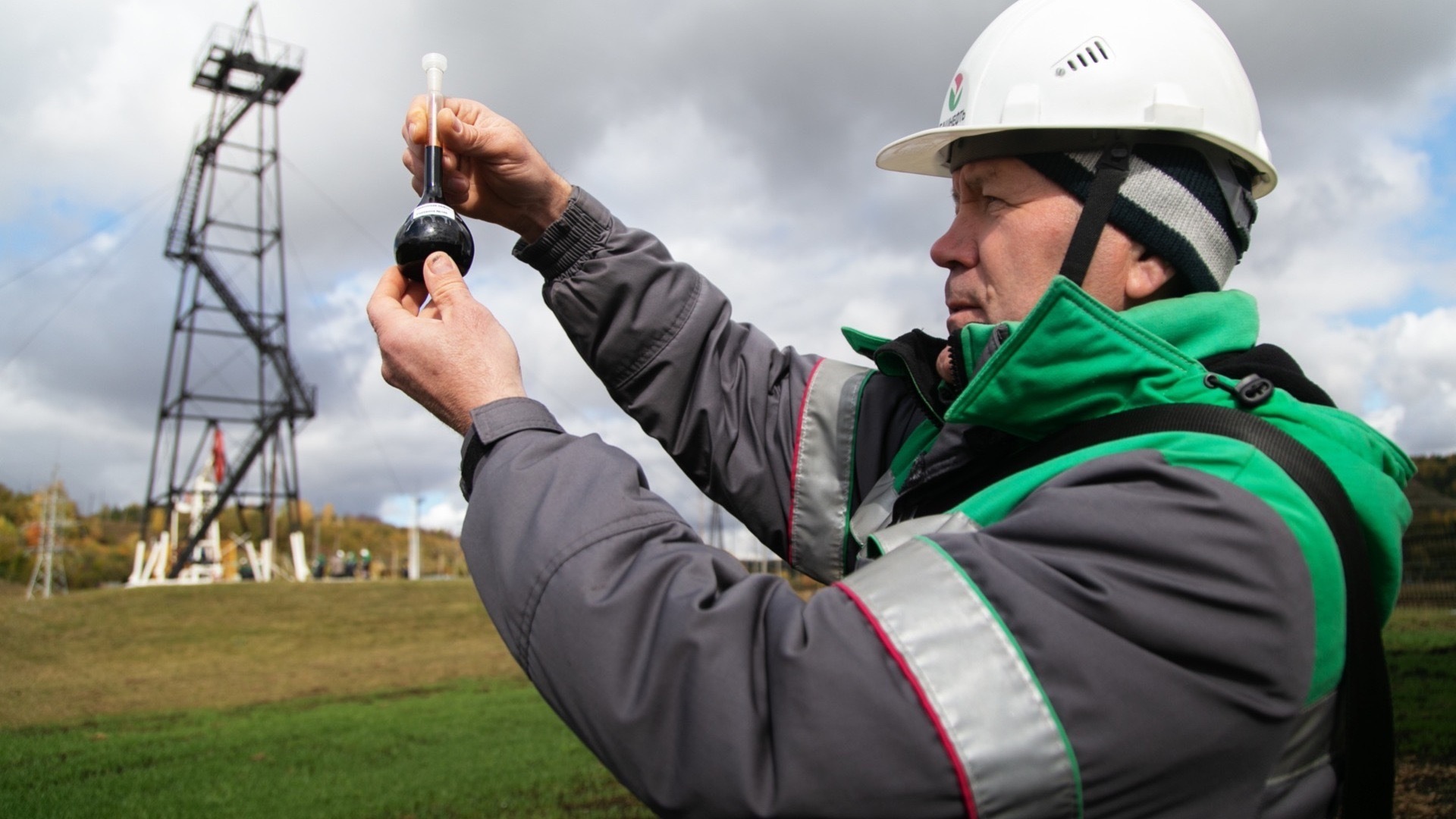
Results of negotiations: Russia will not receive billions of petrodollars stuck in India
Ekaterina Maximova
Following the G20 summit, Foreign Minister Sergey Lavrov conducted a live broadcast, which was broadcast on social networks on September 10. In a live broadcast, Lavrov answered a question related to the income of Russian oil exporters.
The Foreign Minister acknowledged that India «has accumulated a lot of billions of rupees» that cannot be converted and which, Lavrov stressed, have not yet found their application.
«Our Indian partners have assured that they will offer promising areas where they can be invested, » Sergey Lavrov said at a press conference following the G20 summit.
Economist, Professor Igor Lipsits commented on the results of the negotiations on oil «wrappers»:
«That is, they sold oil at discounts, and even what they received cannot be withdrawn and can only be invested in the same economy of India in order to receive dividends in the same little—used rupees. Wonderful business! I'm in awe!».
Lavrov did not specify how much money Russia will have to invest in India. Earlier, Reuters, assessing record supplies of Russian oil to India, stated that about $ 39 billion, that is, over 3.5 trillion rubles, were stuck in Indian banks with Russian exporters.
And only in the first half of 2023, Russian oil supplies to India increased by 11 times.
Over the past trading year (in India it lasts from April 1 to March 31), the trade turnover between Russia and India turned out to be a record. And if in 2021 the Russian Federation occupied the 20th place in the list of India's trading partners, now it has «flown» into the top five.
Over the year, the trade turnover between the countries increased from $ 9.8 billion to $ 39.9 billion, according to data from the Ministry of Industry and Trade of India. At the same time, Russia sold $37.3 billion worth of goods (mainly energy carriers) to India, and acquired $2.5 billion for mere pennies. The imbalance is catastrophic. Before the Western sanctions, the Indians settled with Russia in dollars, and now — with their national currency.
Before SVO, Russia sent mineral products, jewelry, equipment, rubber and paper across the ocean. Imports from India were based on pharmaceutical products (about 500 million dollars). In addition to medicines, electrical products and machinery, equipment, tea, coffee, spices, textiles were also transported to the Russian Federation.
Novye Izvestia has repeatedly returned to this topic: it is impossible to directly convert rupees into dollars, since rupees are blocked by local regulation.
But Russia can buy goods with the national currency of India. Exactly the same way the Soviet Union once bought incense, shampoos, clothes and home textiles from the Indians.
The First Minister of Economy of the new Russia, Doctor of Economics, Professor Andrey Nechaev shared his memories of this period with Novye Izvestia. It was he who in 1993 was engaged in the «Indian debt» in the government of the Russian Federation.
«It was a Soviet debt that we reissued for Russia. Then we agreed that the debt would be repaid by the supply of Indian goods to the Russian Federation. And 30 years ago, there were large teams of foreign trade experts who were looking for what to buy in India on account of this debt, » the ex-minister clarified.
In his opinion, now, apparently, the same thing has to be done by the Ministry of Finance or the Ministry of Economy.
Vasily Solodkov, Director of the HSE Banking Institute, recalled that Vnesheconombank burned down on Indian debt in the late eighties of the last century.
«Unfortunately, this lesson was not learned. A stock of Indian rupees has been formed again, which cannot be spent in India itself, » Solodkov commented to Novye Izvestia.
One of the options for oil exporters who are actually donating oil to India so far is to look for third parties who can somehow use rupees.
«Imagine that you are an exporter who has accumulated a huge amount of revenue in India. In order for third parties to buy these rupees from you, discounts will be needed. Therefore, you first sell oil, and it is already being sold at a discount, and then you sell your proceeds to someone at a discount, » Vasily Solodkov explained.